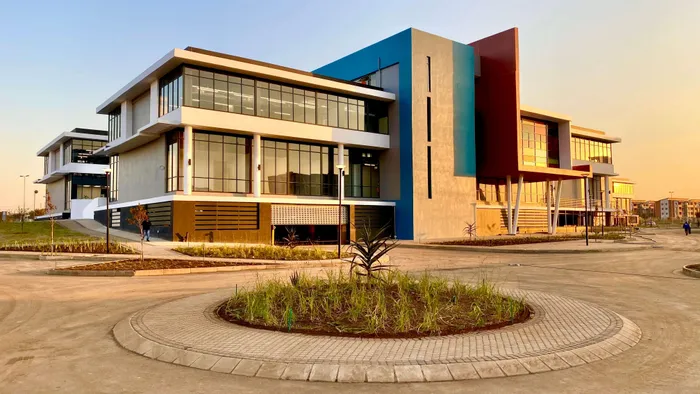STADIO launches future-focused IT qualifications to prepare graduates for the age of AI

STADIO’s IT curriculum incorporates human-centred design, ethical considerations, and strategic problem-solving, preparing students not only to work with AI, but to stay ahead of automation
Image: Supplied
JSE-listed higher education provider is aiming to equip students with in-demand skills for a tech-driven job market with the launch of two new IT qualifications through its School of Information Technology in 2026. These include a Bachelor of Computing which will be offered via contact learning at the Centurion campus and a Postgraduate Diploma in Data Science, which will be available via distance learning.
“Behind every chatbot or AI (Artificial Intelligence) tool is a skilled IT professional,” says Professor Carina de Villiers, Head of the School of Information Technology at STADIO. “These technologies don’t run themselves – they require people who can develop, maintain, and evolve them. That’s where our new qualifications come in.”
The new qualifications have been designed with direct input from industry to ensure relevance and employability. Both programmes embed critical skills in artificial intelligence, machine learning, data analytics, and cybersecurity, while also emphasising real-world experience through capstone projects, coding challenges and work-integrated learning opportunities.
“In developing these programmes, we engaged extensively with industry to understand the skill sets they’re struggling to hire for,” says Prof de Villiers. “That’s highlighted a shortage of skilled professionals in data science and computing. Employers are actively seeking graduates with practical experience in AI, analytics, and secure systems development. These courses are specifically designed to teach students to work with AI technologies rather than being displaced by them.”

STADIO's IT programmes aim to produce skilled professionals ready to lead in the age of AI.
Image: Supplied
Students in the Bachelor of Computing programme will learn programming, data analytics, AI, web and mobile development, cloud computing, and more, while gaining access to dedicated computing labs and industry-linked projects. The Postgraduate Diploma in Data Science equips graduates with Python programming skills, data modelling, machine learning techniques and visualisation tools, with specialisation opportunities in sectors such as finance or marketing.
According to Prof de Villiers, graduates of these programmes will be well positioned to pursue a range of roles, from software engineer to systems analyst, ICT security analyst, data scientist, or machine learning specialist, or even emerging careers, like AI ethics consultant (with further specialisation).
Importantly, she says, STADIO’s IT curriculum incorporates human-centred design, ethical considerations, and strategic problem-solving, preparing students not only to work with AI, but to stay ahead of automation.
“Our mission is to produce agile, future-ready graduates who will help shape the responsible development and deployment of technology in society,” says Prof de Villiers. “Whether our students want to build the next big app, design ethical AI systems, or lead data-driven innovation, we’re giving them the tools to succeed.”
As AI reshapes the global IT jobs market, STADIO’s new qualifications aim to ensure that graduates aren’t left behind – they’re leading the way.

STADIO's School of Information Technology, preparing for careers in AI and data science.
Image: Supplied
Related Topics: